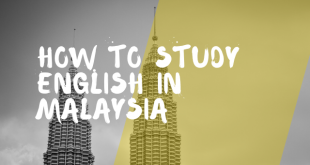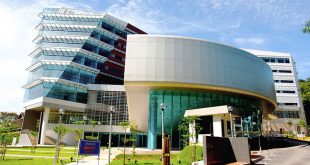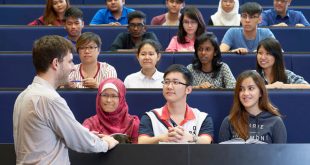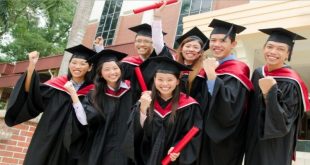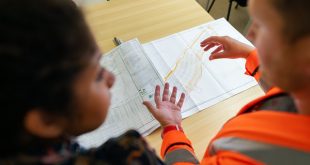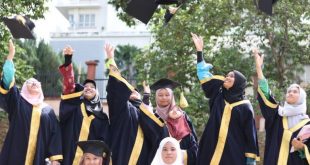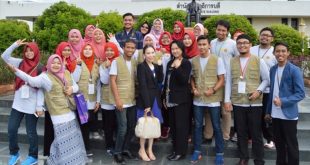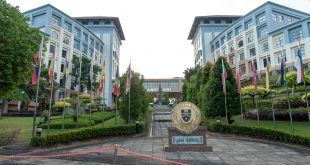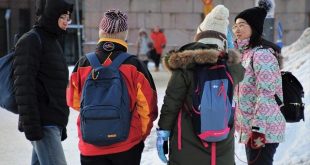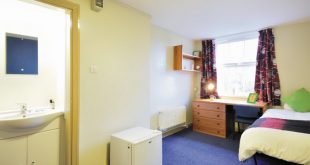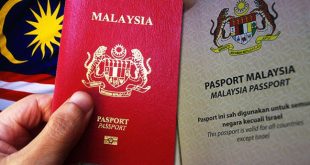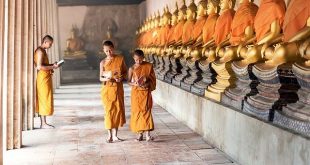We have talked about many aspects of studying in Malaysia. We tackled choosing the educational institution you want to study in, registering in the top Malaysian universities, and also getting the study visa in Malaysia. It is time to learn more about the customs and traditions in Malaysia, along with its cultural and social characteristics.
Malaysia is located in Southeast Asia. It consists of two parts: the first is the Peninsular Malaysia that is located in the south of Thailand, north of Singapore, and east of the Indonesian island of Sumatra.
The second part is East Malaysia that is located on the island of Borneo. Malaysia shares the borders of the island with Indonesia and Brunei.
Moreover, Malaysia consists of a diversified combination of religions. Islam is the most common religion in Malaysia, followed by Buddhism, Christianity, and Hinduism. Kuala Lumpur is the capital and vibrant economic hub of Malaysia. It is also one of the best student cities in the country.
Check our articles about how to get a study visa in Malaysia and the best student cities in Malaysia.
Table of Contents
Most Distinguishing Aspects of Culture, Customs and Traditions in Malaysia
- Malaysian cuisine has three sections: the Malay, Chinese, and Indian cuisines. Each one has its special characteristics.
- Malaysian people speak the Malay language. The English language is the second language in Malaysia. The other languages spoken are Mandarin and Tamil.
- The climate in Malaysia is tropical. Rains can fall at any time of the year, although the climate in the country is stable in general all year round.
- Customs and traditions in Malaysia are very diversified. It is similar to any other Islamic country, regarding religious holidays, celebrations, fasting traditions, and feasts.
- One of the most distinguishing aspects of the Malaysian people is their openness and non-restrictive behavior. They accept, respect, and appreciate everybody. But, they adhere to their religion. You will notice the wide spread of mosques in Malaysia.
- During using transportation, you will see a lot of people immersed in reading books.
Food
- Most of the food in Malaysia is halal. But, this does not mean that Malaysian cuisine is free of other kinds of food. This is due to the ethnic and religious diversity in Malaysia. That is why many restaurants are keen to mention that the food is halal.
- There are a variety of different dishes and south Asian meals, which could be on one table.
What are some customs and etiquette in Malaysia?
- There are many customs and traditions in Malaysia regarding clothes. In a specific time, they stick to wearing a certain type of costumes. Although the Malaysians are not restrictive people, they do not like hugs and kisses, in addition to raising voices in open spaces. They also do not like the head to be touched, as it is considered a sacred part of the body.
- Handshaking is one of the accepted traditions in Malaysia. However, some women prefer just nodding their heads, instead of handshaking.
- The etiquette of entering houses in Malaysia includes taking off the shoes before entering. You may be offered beverages, do not refuse them.
- As in Islamic countries, when eating or serving food, you should use your right hand.
- You should take off your shoes when entering mosques and temples. It is usual to take photos in the places of worship, but you should always first ask for permissions.
Other Interesting Facts about Malaysian Culture and Traditions
- To protect them from floods during rainy days, Malay traditional houses are built on a platform raised on stilts. They are made with wood and palm-leaves. It’s the case mostly of villages’ houses in contrast to the big buildings in big Malaysian towns.
- Silence is one very important element in the Malaysian culture. Unlike in Western culture where we are prompt to respond quickly, taking the time to silence before answering a question is a mark of respect. It’s the sign that you have carefully considered the question before responding.
- Malaysia has a family-centered social culture. Everything is focused on unity and loyalty to one’s family member, as well as on the respect for the elderly.
- Moreover, social hierarchies and collectivism are essential elements of Malaysian lifestyle culture. There is a great emphasis on distinguish a person’s status relative to them and adjust your behavior accordingly to give the proper amount of respect.
- Usually, in Malaysia, a person’s level of education is one of the criteria determining their status. There is also the question if that person has spent a few years studying overseas and has a good proficiency in English.
- On the other hand, age is also a factor to take into consideration. Malaysian people tend to use honorific respectful speech when talking to their elderly as well as bow slightly when talking to them.
- Their sense of communitarianism implies that individuals are perceived as members of groups, whether it is family, business or ethnicity. These groups define them and require from them a high amount of loyalty. Broadly, this collectivism make them consider relationships and people above everything else and explain why Malaysian people are very considerate and friendly people.




 Aljawaz Your guide to study abroad
Aljawaz Your guide to study abroad
